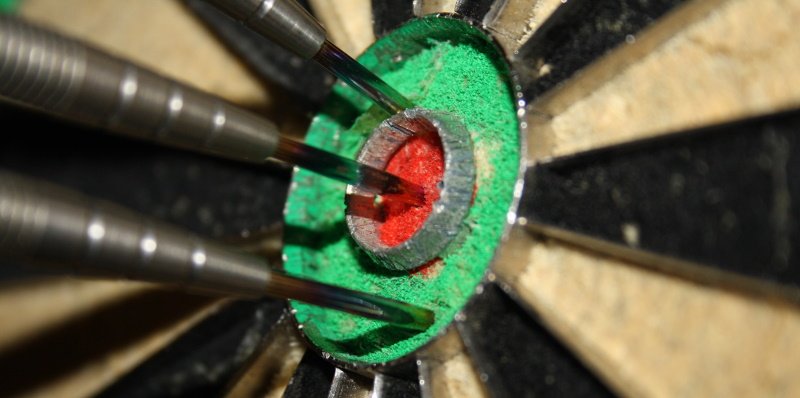
Location!, location!, location!
Surely the whole point of doing drills is to try and repeat the same actions in the same way, over and over, in order to imprint them into ‘muscle memory’, isn’t it? Yes, it is. And this is why you should try changing something else about the drill.

Do SwimMastery Coaches Know ‘The Best Way’ to Teach?
SwimMastery have worked with thousands of people around the world and we’re open to the possibility that some new students could come along and present problems we haven’t tackled before and new ideas will be needed.

Open Water Relief for COVID Effects
However, whilst running and cycling are no longer possible, Louise Buxton has discovered that open water swimming is not only still an option but actually one which relieves her symptoms for a brief period.

Learning How You Learn
The surprising thing is, as per my own experience, the way you initially choose to learn something may not be the optimum way for you to learn it. Therefore, knowing what works for you and what doesn't is invaluable in saving you much time and money.

Don't Hold Your Breath
So why do so many swimmers hold their breath while going along, or even just fail to breathe in the most efficient manner they possibly could? When we are running or cycling we wouldn't do that; we would be taking deep breaths in an out constantly. So why do so many hold breath when swimming ?

Back To Basics For Crossing The Channel
... these can be the more challenging swimmers for a coach to help because of their resistance to confronting anything other than the area they themselves have identified as requiring improvement. But Stu surrendered to Coach Tracey’s expertise, becoming willing to benefit fully from her approach. This allowed her to take into account everything that Stu was currently doing and to work on the body as a whole, leading to an amazing breakthrough.

New Beginnings
...as pools and public spaces begin to re-open, albeit under new rules and regulations it seems we can finally begin to look to the future again and begin to make tentative plans for the continuation of our swimming journey. And one question I have been asked is what is the most important part of the stroke to concentrate on after such a long break?

Must There Be A Drop In Performance When Improving A Skill?
This immediate slow down or disruption to performance can understandably be alarming to the advanced athlete... who expects corrections to come easily and quickly, at virtually no cost. But this may be a consequence of a short-term viewpoint and some lack of understanding of how the brain works. In the long-term view, we understand that neural circuits have to go through a process when being altered - the more complex the change and the more complex the conditions will be for its ultimate application, the more patient the athlete will need to be with the retraining process.

Mastery In An Unstable Environment
In a 'stable environment, under very easy conditions, in a relatively short amount of time we can teach someone to swim with a particular stroke style and they can be successful for the simple test swims set for them. But if that swimmer needs to use this stroke in competition, or in serious open water, they have not yet done the work to master that skill for the unstable environment.

Let's Hear It For Ears
Only by talking to, and more importantly, listening to our swimmers can we tailor our sessions accurately to their needs and abilities. And the more accurately we are able to do that the more beneficial our instruction becomes and the more likely they are to return. It’s a perfect virtuous circle – but one which often needs to be initiated by the coach.

A Systems View Of The Stroke
When you make a correction in one body part, in one section of your stroke cycle, be aware that it may confuse the body parts connected to it because they have been used to compensating for an error and now they need to learn how to actually work when there is no error to compensate for. When you tighten one string on a guitar you may need to slightly re-tune the string next to it, because the changing of tension in one string may noticeably changes the tension on the next one or even all of them. Tuning the guitar, and tuning the stroke require systems thinking.

Positive Emotions Matter When Learning
In the context of teaching someone to swim for the first time, or before that, to simply help someone become at ease submerged in water, a coach can greatly improve the learning-efficiency of her services by cultivating an environment of safety, connection, and positive emotion.

Encourage Self-Guided Practice
By leading them through this principle-based practice, you are giving them an example of how to practice on their own. You know the principles involved, and over time, you have the opportunity to impart an understanding of those practice principles to your student so that they become a better self-guiding practitioner.

The Measure Of An Effective Cue
Any kind of cue for motor control we might use is, by nature, a metaphor, and metaphors are something that attempt to approximate a piece of movement reality, but are certainly not that entire reality itself. Therefore all cues have limitations on how they can help. They might also have liabilities.

